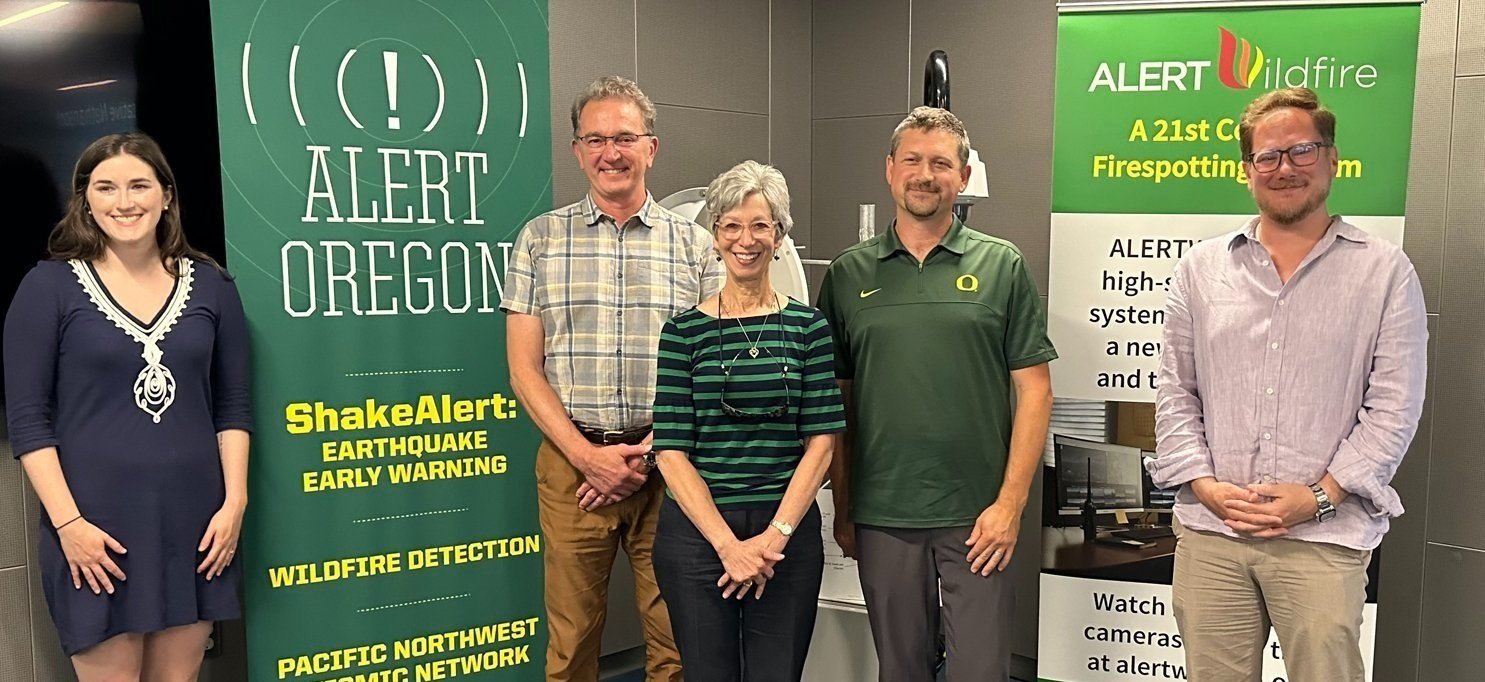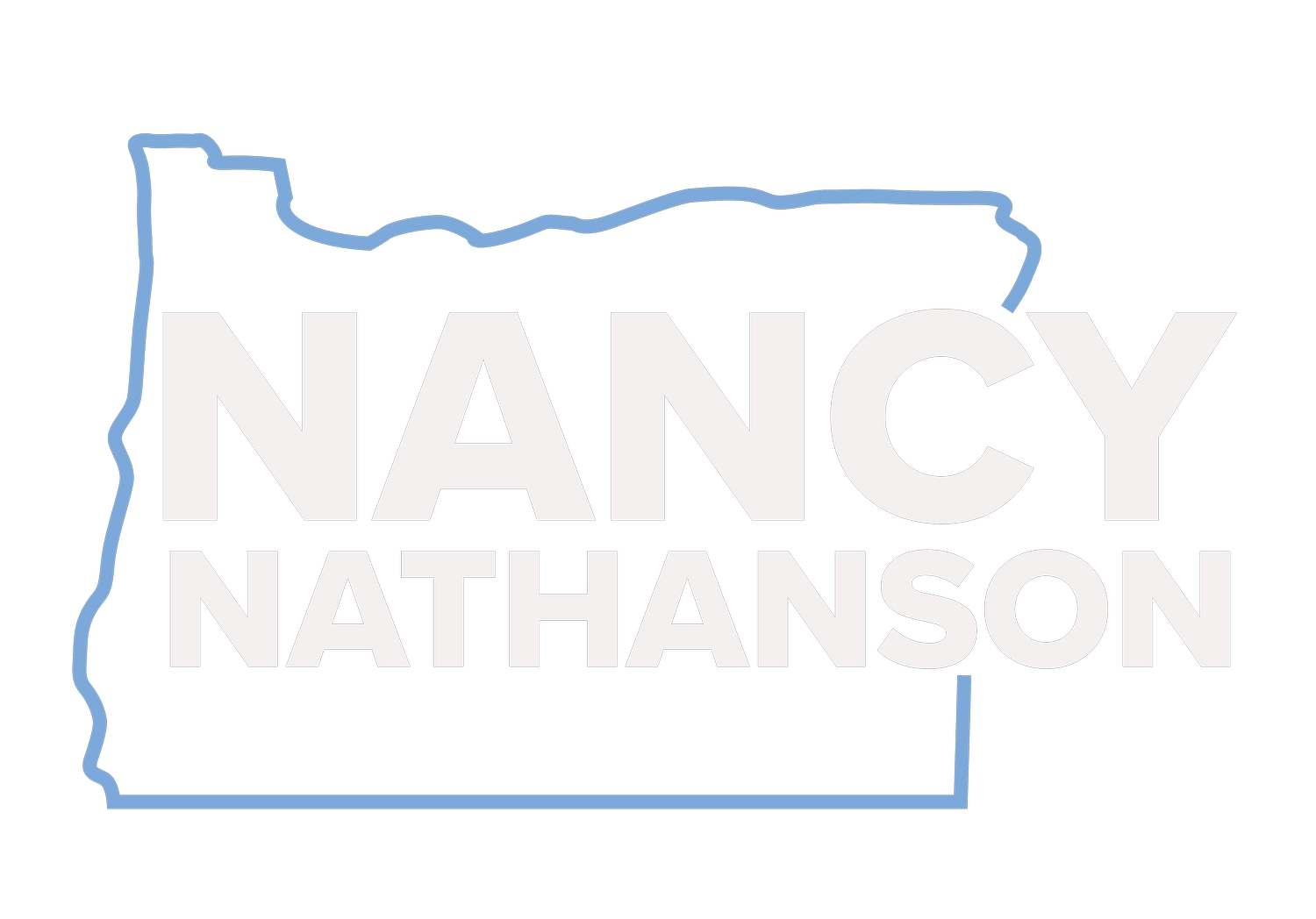
In the News
What to know about Oregon's four new public records laws
“…. Nathanson’s bill appoints a state chief data officer to maintain a web portal of government data to make it readily available to the public. The bill would also prohibit software that would obstruct access to data that should be available to the public….”
Bill to protect seniors in care facilities goes to governor
“This bill makes Oregon a national leader in protecting seniors and disabled persons from inappropriate prescribing of psychotropic medications.,” said Rep. Nancy Nathanson (D-Eugene), the chief sponsor of the bill.
This bill aims to improve the safety of seniors and people with disabilities living in adult foster homes, residential care facilities, and long-term care facilities by increasing oversight of the use of psychotropic medications for individuals 65 years of age or older who are in an adult foster home, residential care facility, or long term care facility….
Elections transparency bill heads to governor's desk
“House Bill 2505, a move to end “dark money” campaign spending in Oregon, passed the state Senate unanimously Tuesday and now goes to Gov. Kate Brown for her signature. Rep. Nancy Nathanson (D-Eugene) was the chief co-sponsor of the legislation with Sen. Brian Boquist (R-Dallas).
‘This legislation will shine a light on the dark money that is spent in our state during campaign season,” Rep. Nathanson said. “I am proud of the work we have done to give Oregonians the transparency they need and deserve.’”
Time to Make CCOs Accountable
"High praise to state Rep. Nancy Nathanson for having the moral fiber and personal responsibility to stand up to the Coordinated Care Organization lobby in support of House Bill 2122….” - Fred Renter, Eugene, Register-Guard Letter to the Editor
Buying a little time: Warning system for catastrophic quakes
“At the urging of state Rep. Nancy Nathanson, D-Eugene, the 2015 Legislature appropriated $670,000 for the purchase of a network of 15 earthquake detection stations in Oregon from the National Science Foundation. The NSF installed the detectors in 2010 for a research project that ends this year, and would have moved them to Alaska if Oregon hadn’t moved to snap them up for about half their initial cost.”

